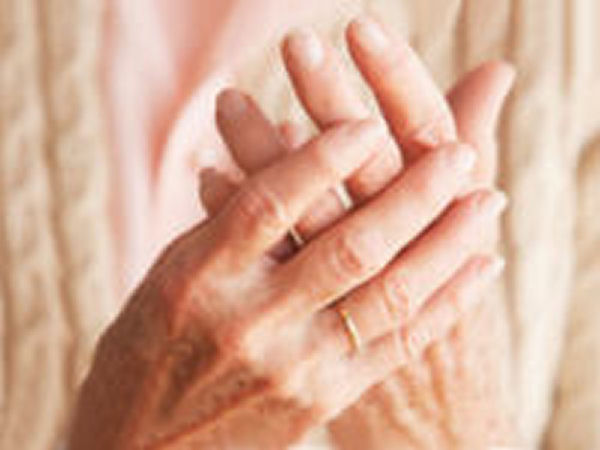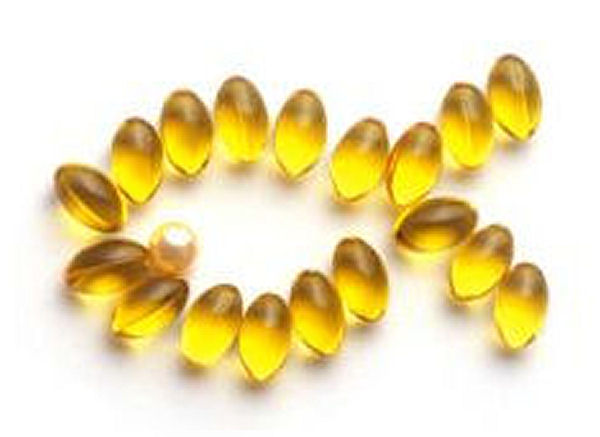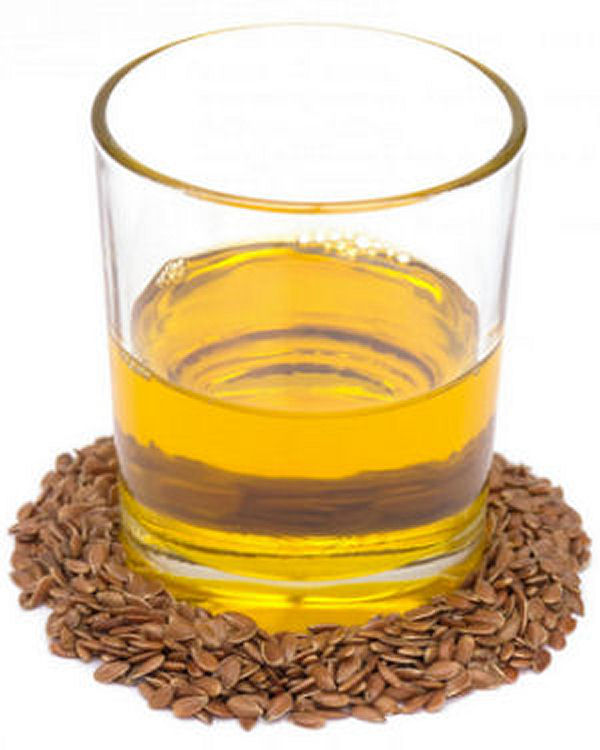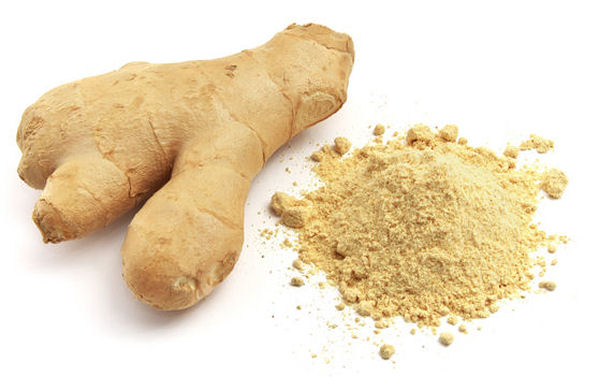
Signs and Symptoms of Arthritis
Arthritis is a general term for conditions that cause pain, stiffness, and inflammation in the joints. There are over 100 types of arthritis, but the most common include Rheumatoid Arthritis, Osteoarthritis, and Gout. Risk factors vary depending on the type, but the most common include genetics, aging, previous joint injuries, obesity, certain infections, and autoimmune dysfunction.
- Rheumatoid Arthritis is an autoimmune disease in which the body’s immune system mistakenly attacks the synovial membrane — the lining of the joints that allows smooth movement. This inflammation leads to stiffness, swelling, and eventually joint damage. Unlike osteoarthritis, RA is not caused by overuse but by an abnormal immune response, though symptoms can worsen with joint strain.
- Osteoarthritis results from the breakdown of cartilage, the elastic tissue covering the ends of bones. Over time, this causes bones to rub together, leading to pain, stiffness, and reduced mobility. Age, genetics, obesity, and past joint injuries are major risk factors. Most people over 60 experience some degree of OA.
- Gout is caused by the buildup of uric acid in the body. When uric acid levels become too high, crystals can form in the joints, most often in the big toe, leading to sudden, severe pain and swelling.
Arthritis can affect both women and men across all ages and races. However, women are generally more likely than men to develop many forms of arthritis. Rheumatoid Arthritis most often begins between the ages of 30 and 60, though it can occur at any age, and women are about two to three times more likely to develop it than men. Osteoarthritis is strongly associated with aging, with the majority of cases occurring in people over 60, and its prevalence increases significantly after age 65.
For more information about Gout, please see our Gout Home Remedies page.
Causes of Arthritis
Arthritis is a general term for conditions that cause pain, swelling, and stiffness in the joints. It can result from inflammation, degeneration, or damage to joint structures such as cartilage, synovial lining, or surrounding tissues. The causes of arthritis vary depending on the type, but the most common risk factors include genetics, advancing age, joint injuries, autoimmune processes, obesity, and metabolic issues such as high uric acid levels. Different forms of arthritis are linked to different mechanisms—for example, rheumatoid arthritis is autoimmune-related, while osteoarthritis is primarily due to wear-and-tear of cartilage.
- Rheumatoid Arthritis is an autoimmune disease in which the synovial membrane (the lining that surrounds and lubricates the joints) becomes inflamed, leading to pain, swelling, and stiffness. Over time, this inflammation can damage cartilage and bone. It is not directly caused by physical strain or certain professions, though joint stress may worsen symptoms.
- Osteoarthritis occurs when the cartilage (the smooth, elastic tissue that cushions the ends of bones) gradually breaks down, leading to joint pain and stiffness. Age, genetics, obesity, and prior joint injuries are major risk factors. Osteoarthritis is very common in people over the age of 60.
- Gout is caused by elevated levels of uric acid in the blood. When uric acid crystals deposit in the joints, they trigger sudden and severe pain, redness, and swelling, most often in the big toe. This results from the body producing too much uric acid or not excreting enough through urine.
Home Remedies for Arthritis Treatment
Arthritis Natural Cure Using Flax Seed Oil
Flaxseed oil is high in Omega-3 fatty acids that may help the body produce natural anti-inflammatory compounds. This can support joint health and may ease symptoms of Rheumatoid Arthritis and Osteoarthritis.
Flaxseed oil has shown promise in both animal and clinical settings for reducing arthritis symptoms, with evidence of improved pain, function, and some inflammation markers. Adding about one tablespoon of ground flaxseed or flaxseed oil to your daily diet can help.
- For breakfast, add Flax Seeds to your cereal, muffin, or bread, or mix ground Flax Seeds into chocolate/strawberry milk or orange juice.
- For lunch and dinner, Flax Seeds can be ground and sprinkled directly onto almost any meal.
Flaxseed oil can be used as an alternative to ground flaxseeds. A common approach is to take about one teaspoon once or twice daily, which can be added to food such as salads or smoothies. However, it’s best not to heat flaxseed oil, as this can reduce its beneficial properties.
Arthritis Home Remedy Using Epsom Salt
Epsom Salt is high in magnesium. Magnesium is important for bone growth and regulates the body's pH level. A deficiency of magnesium lowers the ability of the body to absorb and use calcium and phosphorus, which are the two primary bone-building minerals.
The following home remedies using Epsom Salt can be used to reduce the symptoms associated with arthritis. NOTE: If you have heart or kidney disease, consult your doctor before using these remedies. Excessive magnesium can cause diarrhea, nausea, cramps, muscle weakness, and heart abnormalities.
- Mix 3 tablespoons of fresh lemon juice and 3 tablespoons of Epsom Salt in one pint of warm water and take half a teaspoon once daily.
- Add three cups of Epsom Salt in hot bath water and soak in it. The magnesium in the salt is absorbed by the body and it soothes and relaxes the stiff joints and muscles.
Epsom salt, also known as magnesium sulfate, contains magnesium—a mineral important for various bodily functions including muscle and nerve function, and bone health. Magnesium plays a supportive role in bone development and helps the body process calcium and phosphorus, which are essential for maintaining strong bones.
The following home remedies using Epsom salt may help ease some arthritis-related discomfort, such as joint stiffness or muscle soreness, primarily through the soothing effects of warm baths. Note: If you have kidney or heart conditions, consult your doctor before using Epsom salt, especially internally. Excess magnesium can lead to diarrhea, nausea, cramps, muscle weakness, and heart irregularities.
- Mix 3 tablespoons of fresh lemon juice and 3 tablespoons of Epsom salt in one pint of warm water. Take half a teaspoon of this mixture once daily if approved by a healthcare provider. Be aware that oral magnesium sulfate may act as a laxative.
- Add three cups of Epsom salt to a warm bath and soak for 15–20 minutes. While scientific evidence is limited, warm baths with Epsom salt are commonly used for muscle relaxation and may help reduce joint stiffness and discomfort.
Arthritis Home Remedy Using Alfalfa Seeds
A tea made from alfalfa, particularly its seeds, has been used in traditional herbal medicine to support joint health. To prepare the tea, steep one teaspoon of alfalfa seeds in one cup of boiling water for 10–15 minutes. While clinical evidence is limited, some people use this tea up to three times a day for short periods. Alternatively, alfalfa supplements or small amounts of fresh alfalfa may be included in the diet. Consult a healthcare provider before long-term use, especially if you have autoimmune conditions or are on blood thinners.
Natural Treatment for Arthritis Pain Using Cinnamon
Some studies suggest that cinnamon may have mild anti-inflammatory properties, which could be helpful for arthritis-related discomfort. A traditional remedy involves mixing half a teaspoon of cinnamon powder with one tablespoon of honey, taken once daily before breakfast. While this may provide general wellness benefits, current clinical research on cinnamon’s direct impact on arthritis pain is limited. Use in moderation and consult your doctor, especially if you have liver conditions or take medication.
Preventing and Treating Arthritis With Cod Liver Oil
Research indicates that regular consumption of cod liver oil—a source of omega-3 fatty acids and vitamin D—may help reduce inflammation and slow cartilage degradation in osteoarthritis. Clinical studies have shown that omega-3s can decrease joint stiffness and pain in people with rheumatoid or osteoarthritis. Taking 1 to 2 teaspoons of cod liver oil daily may be beneficial; however, long-term use should be discussed with a healthcare provider due to possible vitamin A toxicity with high doses.
Arthritis Pain Relief With Turmeric
Turmeric, specifically its active component curcumin, has been shown in multiple randomized controlled trials and meta-analyses to help reduce pain and inflammation in osteoarthritis. Doses of 500 to 1000 mg of curcumin, taken two to three times daily, have demonstrated effectiveness in some studies. For optimal absorption, curcumin supplements should include black pepper extract (piperine). Consult a healthcare professional before starting supplements, especially if you are on blood thinners or have gallbladder issues.
Using Ginger to Relieve Arthritis Pain
Ginger is another well-known anti-inflammatory spice that has shown modest pain-relieving effects in osteoarthritis and rheumatoid arthritis. Clinical trials have tested ginger in capsule form and found it may reduce joint pain and improve mobility. A simple way to incorporate ginger is to peel and slice about 1/2 inch of fresh ginger and add it to meals or teas. Individuals on blood-thinning medication should use caution and consult a doctor before using ginger regularly.




All this arthritis is caused by processed food, sugar, and toxins in our bodies. To avoid it, eat mostly green leafy salad, homemade salad dressings, raw foods, and broth made by hormone-free meats.
Ms. Khan, Lemon juice water should not cause any pain. I drink it everyday in the morning, it helps lose weight and keeps me feeling good throughout the day. Please consult your doctor to see what is causing pain. Hope you feel better.
I have recently started drinking lemon juice mixed in hot water and I feel that my whole body is in pain. I want to know is it with drinking lemon or it's just me over thinking? Please let me know.
I have Psoriatic Arthritis and hoping to ease it with a home remedy. Just like your mom no cream works for me. They are all full of steroids anyway. Could you kindly give me the names of 2-3 creams that your mom uses? My country trades heavily with India. Is Neem cream good? We have the Himalaya brand. Much of our generic medicines come from India. Thank you.
I had a trigger thumb for about a month that would be stiffer in the morning when I would wake up and would get better during the day. For the last two days I have been drinking juice of half of a lemon mixed in a glass of cold water in the morning and one at night (because for some unknown reason I've begun to really like it), and I've noticed that my trigger thumb is normal in the morning! This is the only change I have made in the last two days. Please try it and I hope it helps you too.
Gelatin is extremely beneficial for many people suffering from joint pain. Unflavoured one is really the best home remedy for arthritis.
I deal with body-wide Osteoarthritis and use a lot of topical meds and supplements but recently I'm adding drops of Oil of Oregano to some of my solutions. One can add its few drops to Coconut Oil, Castor Oil or Olive Oil or to any solutions one makes up. It's good!
Please let me know when you do find out. My sister-in-law suffers the same thing and they seem to be along the torso mostly but kind of disfiguring.
I am from India. I think daily use of turmeric and flax seeds can benefit people with psoriasis. These two are also beneficial in several health conditions such as arthritis, cancer and many more.
I appreciate you sharing this article. I have been very concerned about arthritis lately because both my parents have it and I want to know how I can avoid it. I never knew that women are three times more vulnerable to getting arthritis than men and that risk of arthritis can be minimized by avoiding mental or physical strain, obesity, and excessive use of fast foods.